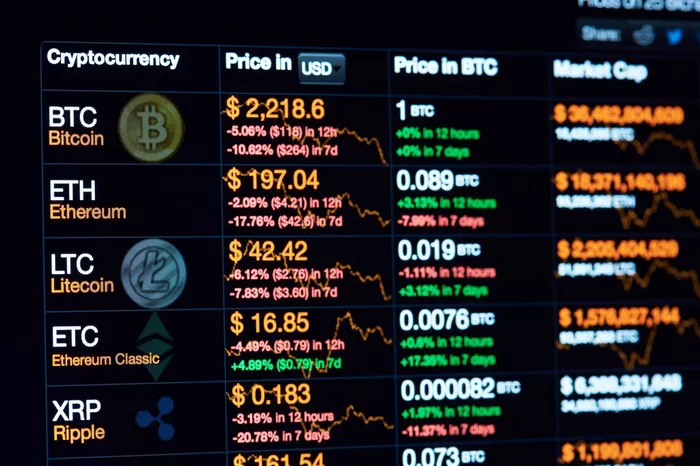Argentina’s central bank announced a significant step toward President Javier Milei’s goal of dollarizing the economy, requiring payment intermediaries to enable debit card transactions in US dollars by February 28. This measure, part of the government’s broader plan to foster currency competition, will allow consumers and businesses to use either pesos or dollars for daily transactions. Additionally, a new program will allow people to make payments in either currency, further supporting the use of the dollar alongside the Argentine peso.
The central bank’s decision comes as part of a series of moves under Milei’s economic reform agenda, which includes encouraging greater use of foreign currencies. Despite opposition criticism, which argued that the country’s severe dollar shortages made such a plan unfeasible, Thursday’s announcement signals progress toward Milei’s vision of dollarizing Argentina’s economy.
In a separate development, the central bank kept its key interest rate unchanged at 32%, frustrating market expectations that a rate cut would follow the recent slowdown in inflation. Investors had anticipated a reduction in borrowing costs following December’s inflation moderation and the central bank’s decision to ease the monthly depreciation rate of the peso from 2% to 1%. Despite this, the central bank opted to maintain its stance for the time being, according to sources familiar with the decision.
Economy Minister Luis Caputo also announced on social media that, starting Friday, businesses would be able to display prices in both pesos and foreign currencies, including US dollars. This move is seen as another step toward the “currency competition” plan that Milei championed during his presidential campaign, which seeks to give Argentinians the option to transact in a currency of their choosing.
Argentina continues to face significant challenges, including capital and currency controls, which the Milei administration plans to lift in 2025. The removal of these controls is expected to push the central bank to offer more competitive interest rates to prevent a potential run on the peso.
Recent government data revealed that inflation had eased to 117.8% in December, down from a peak of nearly 300% in 2023. The monthly inflation rate for December was 2.7%, marking the third consecutive month of inflation below 3%, in line with economists’ expectations.
Since Milei took office in December 2023, the central bank has cut interest rates eight times, from 133% to the current 32%. This aggressive strategy is a cornerstone of the government’s attempt to rein in inflation, though it has raised concerns among investors about the long-term sustainability of such policy actions.
The International Monetary Fund (IMF), which Argentina is seeking additional funding from, has long advocated for high interest rates to combat inflation, but the IMF’s stance is now being tested as the government navigates the difficult path toward economic stabilization.
Related topics:
What Do I Need to Start Trading Stocks?
Can I Buy Foreign Stocks in NSE?


